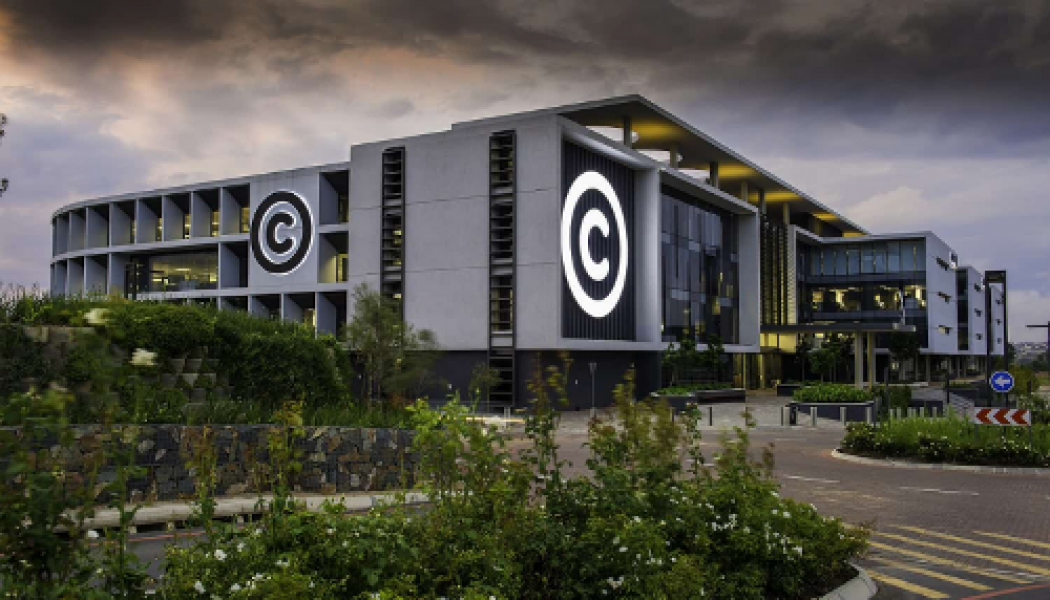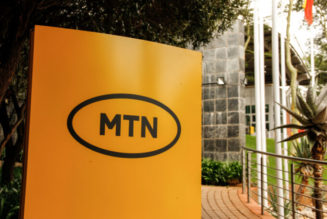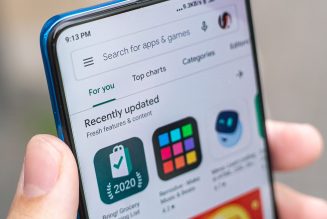Cell C has reported a loss of R5.5 billion after tax following the announcement of its annual financial performance for the 12 months ending December 2020.
The telco revealed that total revenue was down by 8% to R13.8-billion (2019: R15.1-billion), with the largest part of the revenue contribution from its prepaid base at R6.2-billion (2019: R6.9-billion).
CFO of Cell C, Zaf Mahomed believes that even though the telco made a full-year loss, the latter six months of 2020 was encouraging as it had shown a R2.1 billion profit in the second half.
Mahomed says “our results reflect a business in transition. We are starting to see the impact of our changes which included a focus on more profitable subscribers and through the reduction in costs a shift to revenue-generating activities. The foundations are now in place”.
Cell C’s CEO, Douglas Craigie Stevenson added “Our turnaround strategy has improved our financial performance as a mobile network operator and Cell C is operationally more efficient. Over the next three years we will fully transition to roam on partner networks – all with the aim of providing a quality network, innovative value offerings for our customers and ensuring a profitable and sustainable business.”
He added that the decrease in its overall operating costs – on an annual basis the business removed more than R500m worth of expenditure – and the focus on more profitable customers, has resulted in positive cash flow as reflected in its cash EBITDA being reported at R844-million (2019: R240-million).
“Cell C is now generating cash and the performance shows that the business is operationally stronger. The fit-for-purpose entity can effectively implement its business strategy and with a recapitalisation will benefit from a revised capital structure with manageable debt to ensure long-term sustainability.”
Craigie Stevenson added that Cell C’s focus in the future will be on evolving to a digital lifestyle company that offers value for money solutions and services by understanding the needs of its customers.
“To stay competitive, Cell C had to take a different approach against our larger rivals which are all heavily invested in capital-needy infrastructure – multiple operators with large scale infrastructure simply doesn’t make financial sense. We will collaborate on infrastructure but compete on products and services.”










